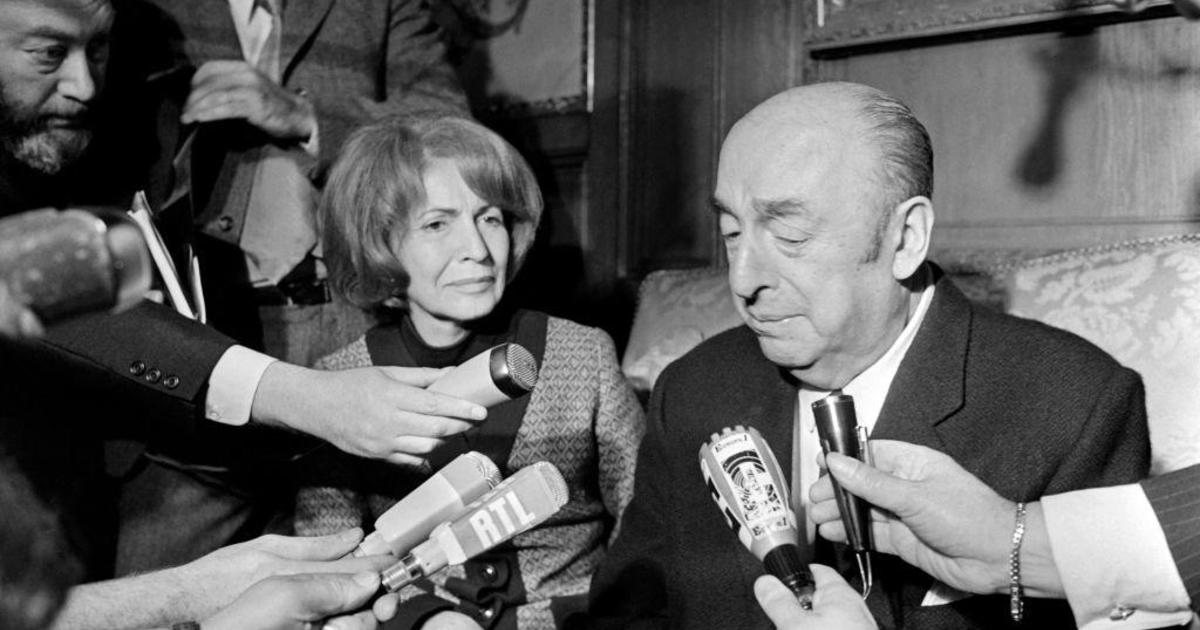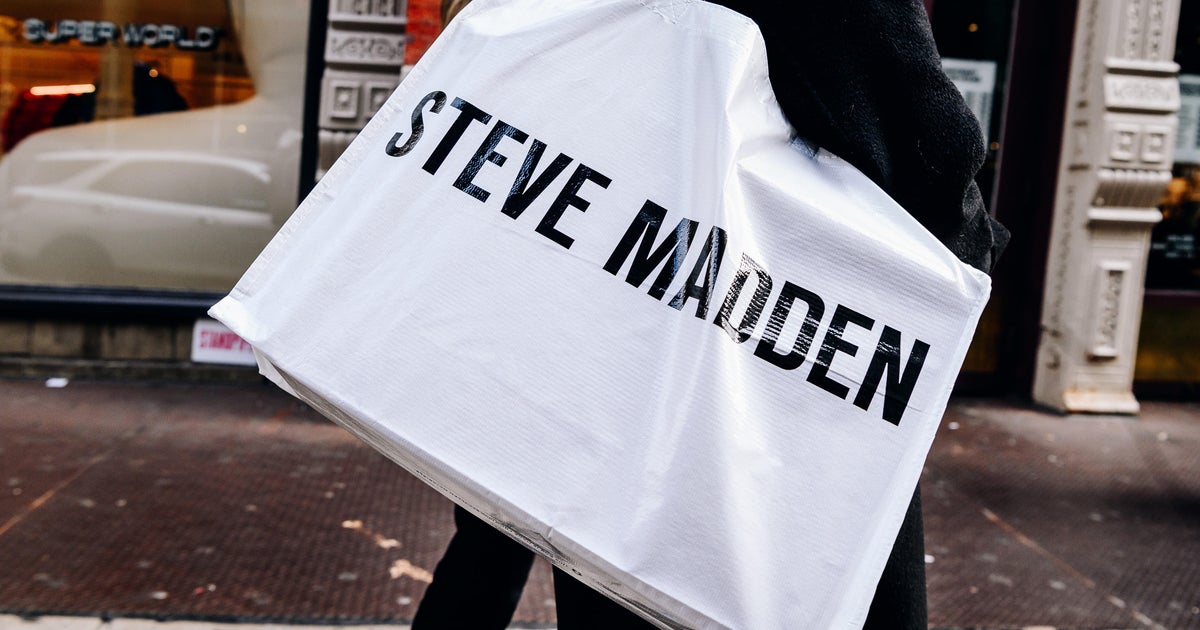CBS News
Inquiry into Pablo Neruda’s 1973 death reopened by Chile appeals court

An appeals court in Chile’s capital on Tuesday ruled that the case of Chilean poet and Nobel Prize winner Pablo Neruda’s death be reopened, saying the investigation has not been exhausted and new steps could help clarify the cause of his death.
Last December, a judge rejected a request by Neruda’s nephew to reopen the case to look for other causes of death than cancer, which is what is listed on the poet’s death certificate.
In February 2023, the nephew, Rodolfo Reyes, said forensic experts from Canada, Denmark and Chile had found evidence pointing to Neruda having died of poisoning more than 50 years ago.
Reyes said forensic tests carried out in Danish and Canadian labs indicated a presence in Neruda of “a great quantity of Cloristridium botulinum, which is incompatible with human life.” The powerful toxin can cause paralysis in the nervous system and death.
It was the latest turn in one of the great debates of post-coup Chile. The long-stated official position has been that Neruda died of complications from prostate cancer, but the poet’s driver argued for decades that he was poisoned.
In December, a judge ruled that the forensic results had already been carried out or were “late,” and didn’t lead anywhere.
Photo by AFP via Getty Images
Several years earlier, other international forensics experts had already rejected the official cause of death as cachexia, or weakness and wasting of the body due to chronic illness — in this case cancer. But at that time they said they had not determined what did kill Neruda.
On Tuesday, the appeals court unanimously revoked the judge’s resolution and ordered that the procedures requested by the nephew be carried out. These steps include a calligraphic analysis of the death certificate, a meta-analysis of the test results carried out by foreign agencies, and subpoenas for statements from Chile’s documentation project and an expert on Clostridium botulinum.
Neruda, a Communist Party member, died 12 days after the 1973 military coup that toppled the government of President Salvador Allende and hours before he was to leave Chile for exile in Mexico. The coup put Gen. Augusto Pinochet in power.
Neruda’s body was exhumed in 2013 to determine the cause of his death but those tests showed no toxic agents or poisons in his bone. His family and driver had demanded further investigation.
In 2015, Chile’s government said it was “highly probable that a third party” was responsible for Neruda’s death. In 2017, authorities reported the discovery of fragments of the Clostridium botulinum bacteria in his bone remains and in a molar.
Neruda was reburied in his favorite home overlooking the Pacific Coast.
Neruda, who was best known for his love poems, was a friend of Allende, who killed himself rather than surrender to troops during the coup led by Pinochet.
Neruda was traumatized by the military takeover and the persecution and killing of his friends. He planned to go into exile, where he would have been an influential voice against the dictatorship.
But a day before his planned departure, he was taken by ambulance to a clinic in Chile’s capital of Santiago where he had been treated for cancer and other ailments. Neruda officially died there Sept. 23, 1973.
But suspicions that the dictatorship had a hand in the death remained long after Chile returned to democracy in 1990.
During his life, Neruda accumulated dozens of prizes, including the 1971 Nobel Prize for Literature.
CBS News
Delphi murders trial jury deliberations underway

Watch CBS News
Be the first to know
Get browser notifications for breaking news, live events, and exclusive reporting.
CBS News
Steve Madden says it will cut production in China to avoid Trump tariffs

One company is already responding to President-elect Trump’s proposed tariffs, which if imposed could result in higher prices for American consumers as retailers pass along added costs on imports to shoppers.
Shoemaker Steve Madden says it plans to import fewer goods made in China to the U.S., and replace them with items made in other countries.
The company said on an earnings call with analysts Thursday that the plan to reduce its reliance on China and diversify its imports has been in the works for some time.
“We have been planning for a potential scenario in which we would have to move goods out of China more quickly,” CEO Edward Rosenfeld said during the Thursday call. “We’ve worked hard over a multiyear period to develop our factory base and our sourcing capability in alternative countries, like Cambodia, Vietnam, Mexico, Brazil, etc.”
The company started implementing the plan Wednesday, Rosenfeld said. Currently, more than 70% of Steve Madden U.S.’s imports are from China. Rosenfeld aims to cut that figure by 40%-45%, up from a target of 10%.
Trump has proposed a 60% tax on imports from China, plus a universal tariff of 10%-20% on imports from all foreign countries.
If imposed, the proposed tariffs on imports could lead to consumers paying $6.4 billion to $10.7 billion more for footwear, according to a new analysis from the National Retail Federation. Americans could also lose between $46 billion to $78 billion in spending power each year the tariffs are in place, the organization estimates.
CBS News
3 charged in Iran-linked plot to kill Donald Trump

Watch CBS News
Be the first to know
Get browser notifications for breaking news, live events, and exclusive reporting.









